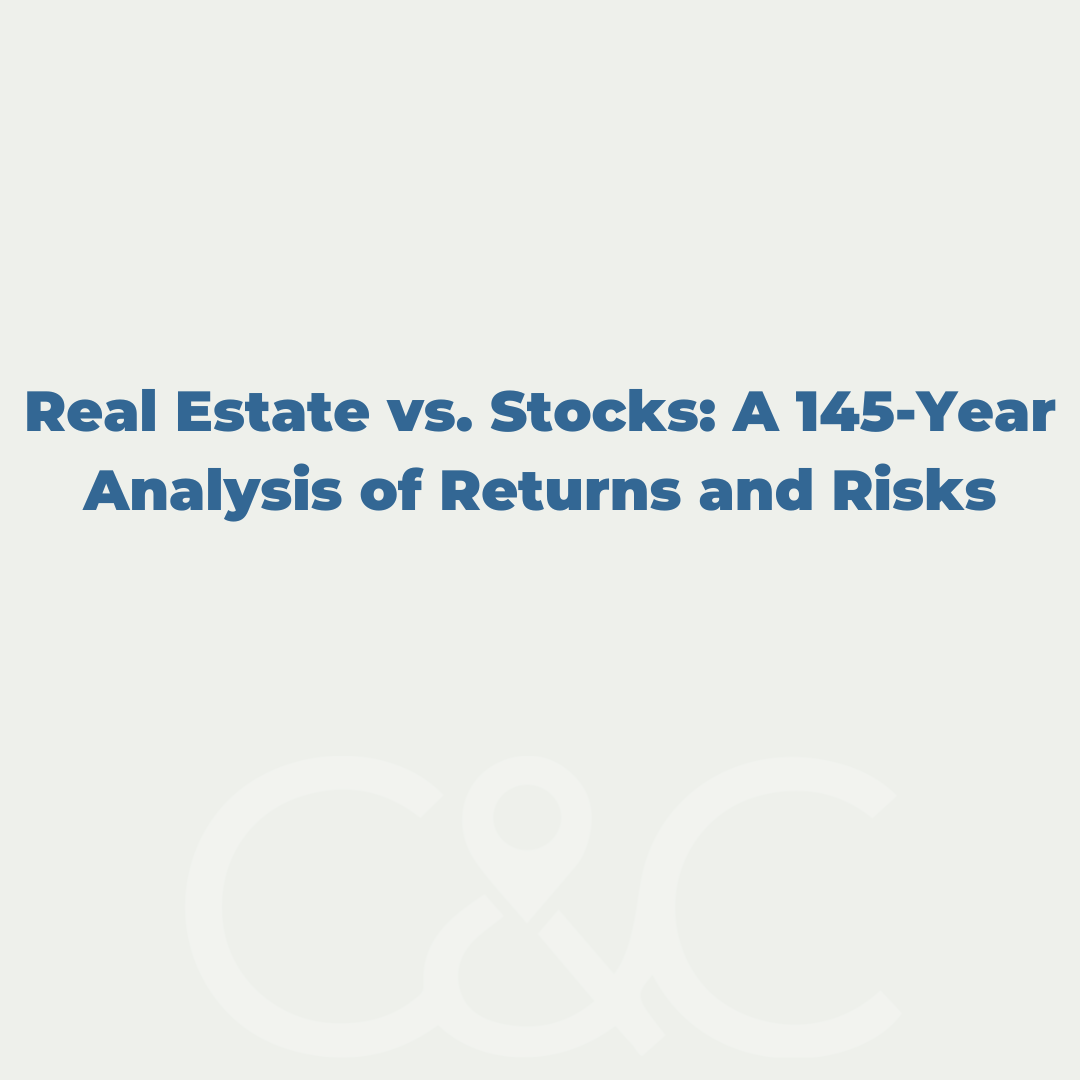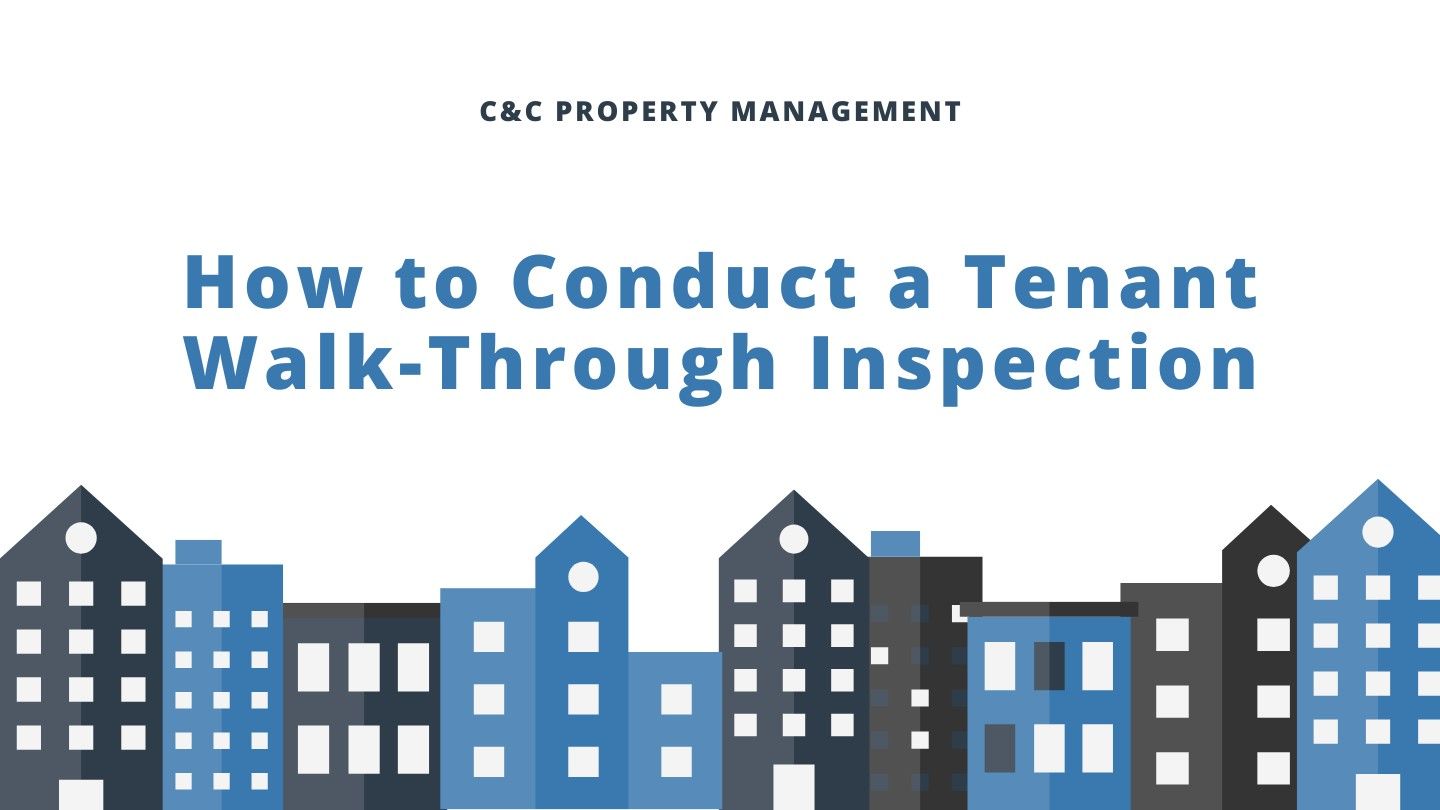Real Estate vs. Stocks: A 145-Year Analysis of Returns and Risks
Investing is an essential part of building wealth over time, and there are a plethora of options available to investors.

Two popular investment options are stocks and real estate. While both offer the potential for significant returns, they also come with unique risks and rewards.To determine which investment option is better, let's take a look at the historical returns of stocks and real estate over the past 145 years.
Stocks
The stock market has been around for over a century, and it has proven to be an excellent investment option over time. Since 1871, the S&P 500 has had an average annual return of 9.8%, according to data from NYU Stern School of Business. While there have been periods of significant volatility, the long-term trend has been upwards.
One of the significant advantages of investing in stocks is the ease of diversification. Investors can purchase a variety of stocks across different industries and geographies, which helps to spread the risk of investing in one company or sector.
However, investing in stocks does come with risks. The stock market can be volatile, and short-term fluctuations can be significant. Additionally, stock prices can be impacted by factors outside of the company's control, such as changes in interest rates or geopolitical events.
Real Estate
Real estate is another popular investment option that has been around for centuries. Over the past 145 years, the average annual return of real estate has been around 10.2%, according to a study by economist Robert Shiller. This figure includes both commercial and residential real estate.
One significant advantage of investing in real estate is the potential for passive income through rental income. Additionally, real estate can be a hedge against inflation, as property values tend to increase over time.
However, investing in real estate also comes with risks. Property values can fluctuate based on factors such as supply and demand and changes in interest rates. Additionally, managing a rental property can be time-consuming and comes with its own set of challenges.
Which Is Better?
Both stocks and real estate have proven to be solid investment options over the past 145 years. However, determining which one is better comes down to individual goals and risk tolerance. For investors looking for passive income and a tangible asset, real estate may be the better option. However, real estate investing can require a significant upfront investment and comes with its own set of challenges.
For investors looking for a diversified portfolio with potentially higher returns, stocks may be the better option. However, stock market investing comes with more significant short-term volatility and requires an understanding of the stock market.
In conclusion, both stocks and real estate have their unique risks and rewards, and the decision of which one to invest in ultimately comes down to individual goals and risk tolerance. Regardless of which option an investor chooses, it's essential to have a long-term investment strategy and to remain disciplined in executing that strategy.








